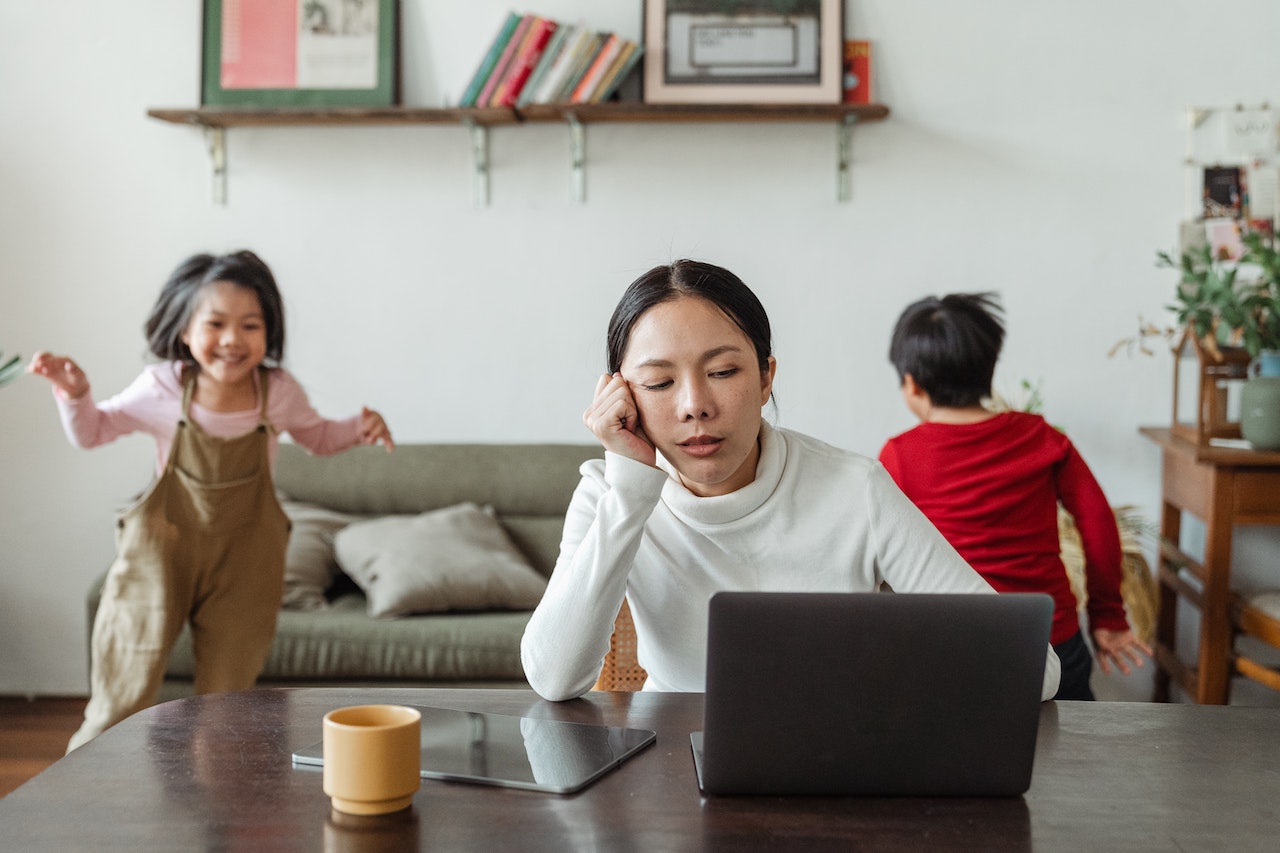Talked Covid: The unfairness of COVID-19
As discussed in our previous article, many Australians are now back in lockdown due to COVID-19. Unless you have been living under a rock, you would know that mental health has been in the news constantly since the beginning of the pandemic. However, it is no surprise that the increase in mental health coverage has also shown the stark difference between the haves and have nots. In this article, we discuss the inequality and unfairness COVID-19 has had on the underprivileged.
The emerging picture
“COVID-19 has left mental health scars on many people, particularly frontline health care workers.
”

The psychological impact of COVID-19 is still not fully understood. However, the survey data show is that the overall impact is a mixed picture for the young and the old. On one hand, anxiety and depression levels have reduced in some age groups since April 2020, however, some groups have seen an exponential increase in distress and mental health deterioration.
While some enjoyed the pleasures brought about by removing stressful areas of life such as classrooms and the daily commute, others experienced fluctuating uncertainty around shift work and unemployment. Further, there was an increase in social isolation and domestic abuse. For the people who were on the front line of the pandemic such as health and social workers, the unprecedented deaths which resulted from COVID-19 has left mental health scars that may not have otherwise occurred.
A divergence of mental health experiences
“Those whose mental health has been shown by data to have been impacted the most include the unemployed and women.
”

As many can attest to, the mental health effects of the pandemic have impacted people unequally. Those whose mental health has been shown by data to have been impacted the most include unemployed people, those with existing long-term physical or mental health conditions, women, people from minority ethnic communities, LGBTQI+ people, and older people who are isolated or digitally excluded.
Young people, in particular, have been disproportionately affected by COVID-19. From challenges in education through to an uncertain future around employment, young people’s mental health has taken a large hit. For those who are already marginalised by the media, the compound effects of COVID-19 and the stressors of new life have seen large increases in outreach to mental health platforms like Talked.
What can be done
The current responses to the pandemic have been a mishmash of confusing messages. Our messages moving forward must use the experience learnt throughout the pandemic to revolutionise mental health support. Platforms like Lifeline, Beyond Blue and Talked all provide an easy way for people to start their mental health recovery.
Poor mental health is personal to each individual. Not only is it extremely distressing it can also lead to a destabilisation of a person’s physical health. Poor mental health has always been an issue for many disadvantaged people and whilst the pandemic has shown the wide divide between people, now is the time to take action and work together to make a change to the status quo.
Talked provides a safe and secure platform that allows people to connect with professionally trained therapists and counsellors.
Essential Reading
Recommended Therapists Available Now
VIC
Clinical Psychologist
I am a Clinical Psychologist with a Masters qualification and around six years of experience working predominantly in the Victorian public mental health system. My work h...More
QLD
Psychologist
As a psychologist, I value each client as an individual with unique life experiences, skills, and talents. I love helping my clients clarify what makes life rich, full, a...More
NSW
Psychologist
Hi! I'm Katherine, a registered psychologist who provides client focused sessions with compassion and evidence-based care. I am passionate about creating a safe space for...More








